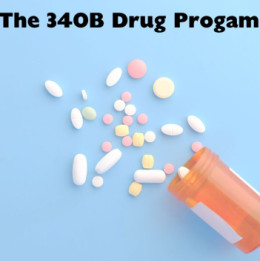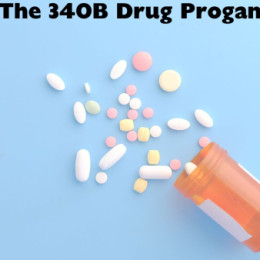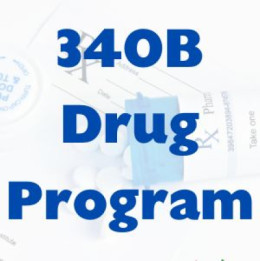Posted On: September 15, 2020 by Community HealthCare System in: News Provider story
September is sepsis awareness month. Sepsis affects 1.7 million people and costs 270,000  lives in the U.S. every year. CHCS Physician Assistant Shelia Talley provided the following information to help us learn more about sepsis.
lives in the U.S. every year. CHCS Physician Assistant Shelia Talley provided the following information to help us learn more about sepsis.
What is sepsis? Why is it a big problem?
Sepsis is a potentially life-threatening condition caused by the body’s response to an infection. Sepsis occurs when chemicals released into the bloodstream to fight an infection trigger inflammation throughout the body. This can cause a cascade of changes that damage multiple organ systems, leading them to fail, sometimes even resulting in death.
Who is most susceptible to sepsis?
Those at the highest risk of developing sepsis include the very young and the elderly, as well as people with chronic medical conditions or serious illnesses. Also, those who have an impaired immune system are also more susceptible than the general population.
What are the signs and symptoms of sepsis that people should know about?
Symptoms of sepsis include fever, rapid heart rate, difficulty or fast breathing, mental confusion or lethargy, and low blood pressure. If you or your family member is in a high-risk category (as noted above) and have two or more of these symptoms, you should seek medical attention right away. Timely diagnosis and treatment is key.
What is the treatment for sepsis?
When sepsis is diagnosed, early treatment with IV fluids and antibiotics is vitally important to reverse the potential damage to multiple organ systems. Other interventions to help stabilize a very ill patient may also be indicated, depending on the source of infection, etc.
As a healthcare provider, what advice do you have for your patients to help them avoid sepsis?
As an Emergency Room provider, I see septic patients fairly often. Sepsis is considered a “time-sensitive” diagnosis (along with heart attacks, strokes, and traumas) because of the significance that early intervention has in improving morbidity/mortality. As mentioned above, if you or your family member are experiencing the signs/symptoms of sepsis, it is important to seek medical attention right away. The initiation of early therapy can potentially be life-saving.











0 comments